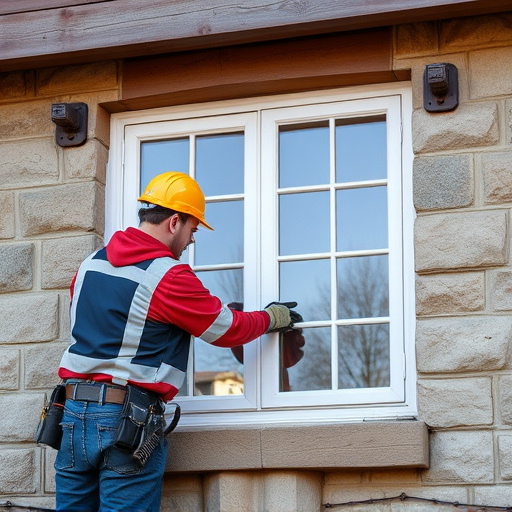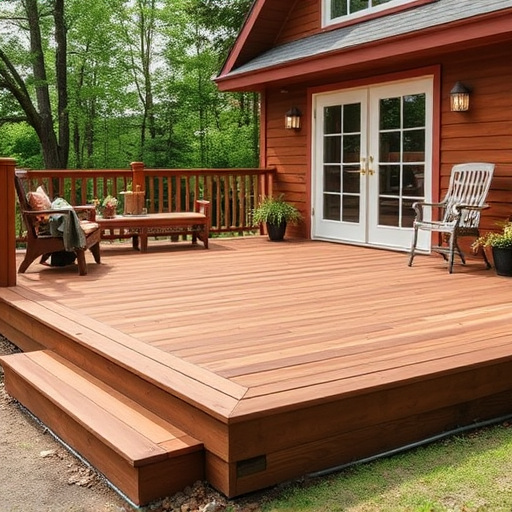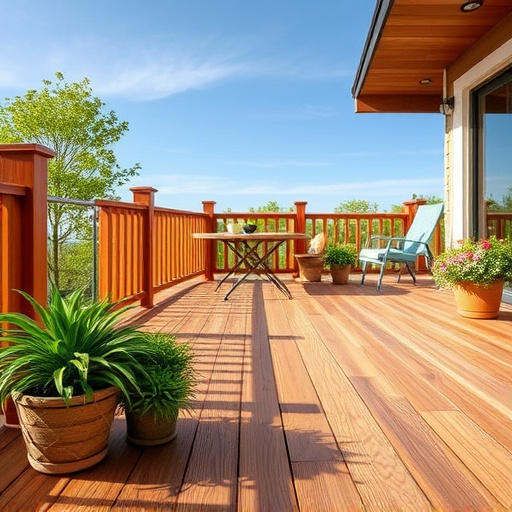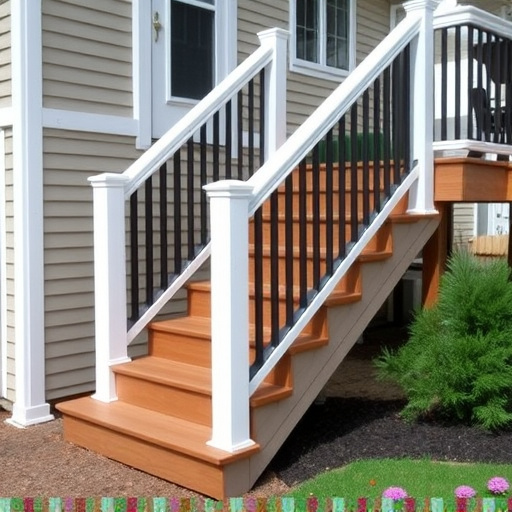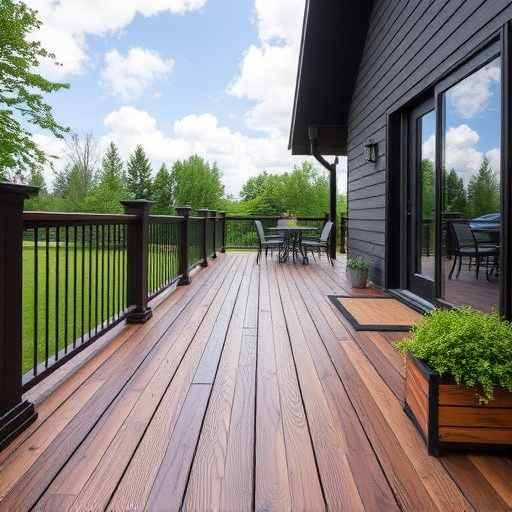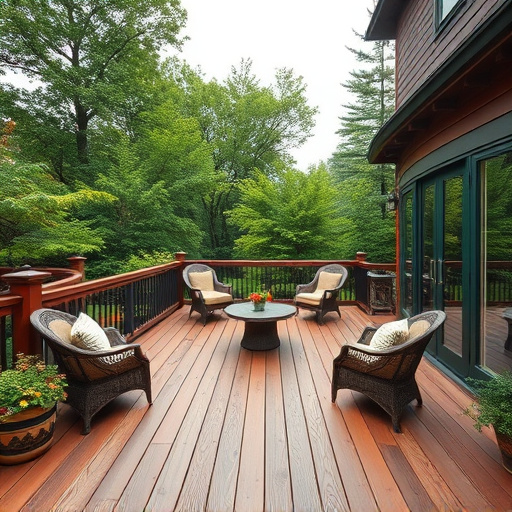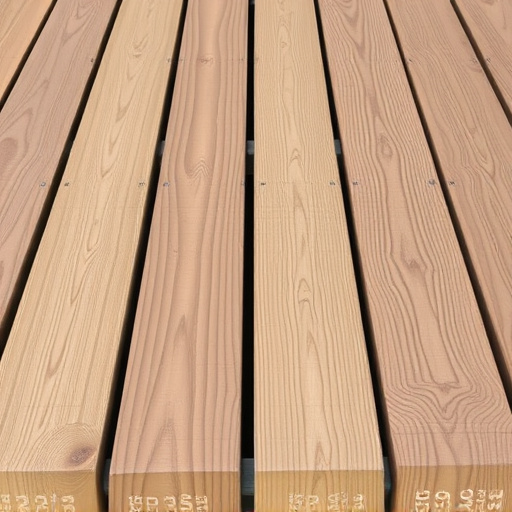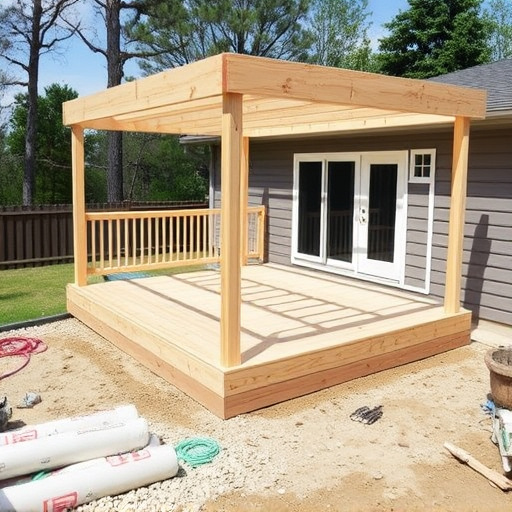Traditional concrete is a popular, durable, and cost-effective choice for pool deck flooring due to its strength, low maintenance, and compatibility with equipment. Resin-based systems offer endless design possibilities, superior durability, and a visually appealing aesthetic. Alternatives like wood, tile, or stone cater to specific tastes and budgets, each with unique benefits and considerations for pool decks. The best decision depends on individual preferences and specific pool deck requirements.
Looking to revamp your pool deck? Choosing the right flooring is crucial for both aesthetics and functionality. This guide compares popular pool deck flooring options, highlighting their unique pros and cons. From traditional concrete’s durability and cost-effectiveness to resin-based systems’ stunning aesthetics and versatility, we explore diverse choices like wood, tile, and more. Discover what works best for your budget, style, and specific needs.
- Traditional Concrete: Durability and Cost-Effectiveness
- Resin-Based Systems: Aesthetics and Versatility
- Other Options: Wood, Tile, and More – Their Pros and Cons
Traditional Concrete: Durability and Cost-Effectiveness

Traditional concrete is a sturdy and long-lasting material for pool deck flooring, making it a popular choice among homeowners. Its durability is unmatched; concrete can withstand extreme weather conditions, heavy foot traffic, and even vehicle traffic, ensuring your pool deck remains intact for years. This material’s strength comes at a cost, however, as it requires minimal maintenance, which translates to savings in the long run. Compared to other options, traditional concrete offers excellent value for money, especially when considering its longevity.
When it comes to installation, concrete is relatively straightforward and cost-effective. It can be poured directly onto the existing surface, ensuring a flat and even finish. This simplicity also extends to repairs; minor cracks or chips can be easily filled, and the entire deck can be resurfaced if needed, which is more affordable than replacing other types of flooring. Moreover, concrete’s hard surface makes it ideal for those looking to install automatic pool cleaners and other maintenance equipment without worrying about damage or obstructions.
Resin-Based Systems: Aesthetics and Versatility

Resin-based systems offer a captivating blend of aesthetics and versatility when it comes to pool deck flooring. This innovative option allows for an array of custom designs, colours, and textures, transforming your poolside area into a visually stunning extension of your outdoor living space. From elegant marble patterns to vibrant, colourful swirls, the possibilities are endless to match your personal style.
The versatility of resin extends beyond design, as it can be moulded to create unique shapes, contours, and even incorporate decorative elements like inlay stones or glass chips. Moreover, its durability is unparalleled, resisting cracking, fading, and degradation from sunlight and water exposure. This makes resin-based systems a popular choice not just for pool decks but also for those seeking long-lasting siding services or storm damage repair for their outdoor structures.
Other Options: Wood, Tile, and More – Their Pros and Cons

While concrete is the most common choice for pool deck flooring due to its durability and low cost, other options like wood, tile, and even stone can offer unique aesthetics and distinct advantages. Wood, for example, provides a warm, natural look but requires regular sealing and maintenance to protect against water damage and rot. Tile offers excellent slip resistance and is available in various colors and textures, making it a versatile choice. However, tiles can be more expensive to install than concrete and may need periodic grout cleaning.
Stone, such as slate or travertine, adds elegance and longevity to a pool deck but can be quite pricey. It’s highly durable and requires minimal maintenance, similar to concrete. Yet, stone may be subject to staining from oil or leaves and could freeze and crack in colder climates, necessitating professional siding services or roof replacement for residential properties. Each material has its allure, pros, and cons, ultimately dictating the best choice based on individual preferences, budgets, and pool deck conditions.
When choosing a pool deck flooring option, consider your priorities: if durability and cost-effectiveness are key, traditional concrete is an excellent choice. For a more visually appealing and versatile space, resin-based systems offer a wide range of design possibilities. Other materials like wood and tile provide unique aesthetics but may require more maintenance. Ultimately, the best option depends on your preferences, budget, and desired long-term look and feel of your pool deck.







